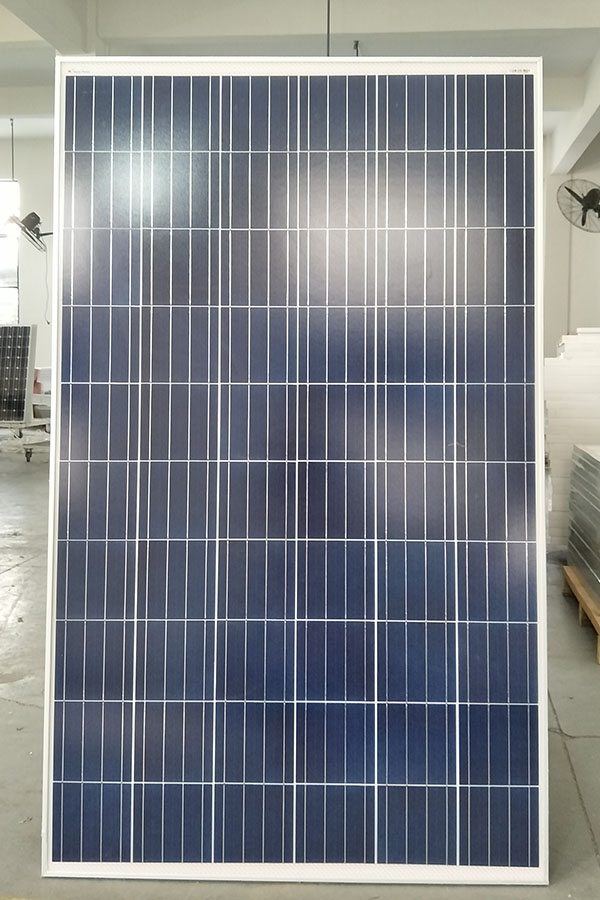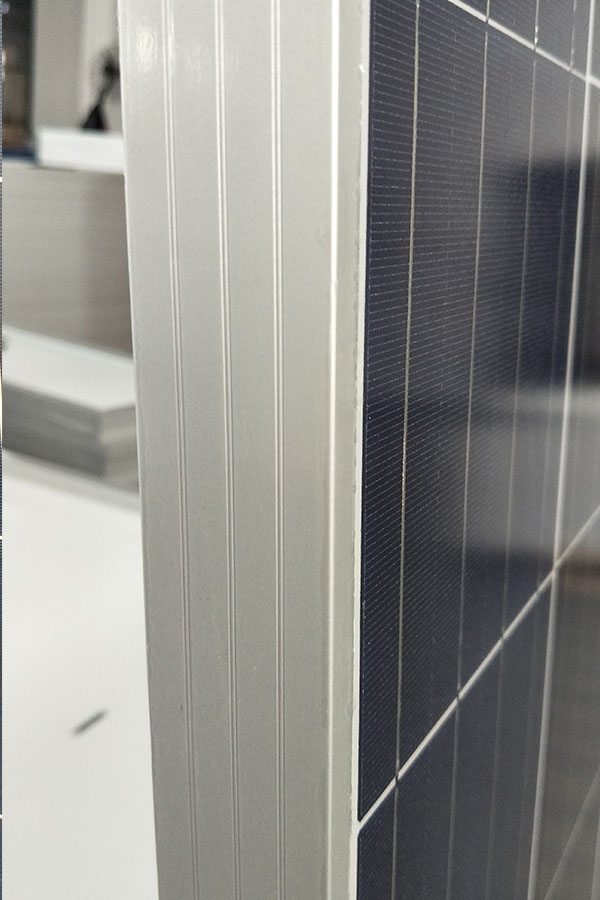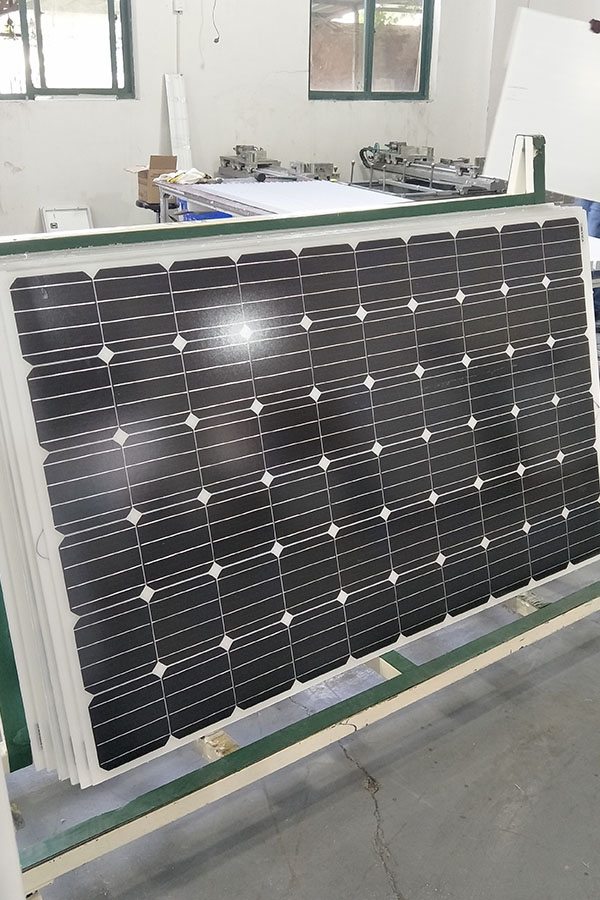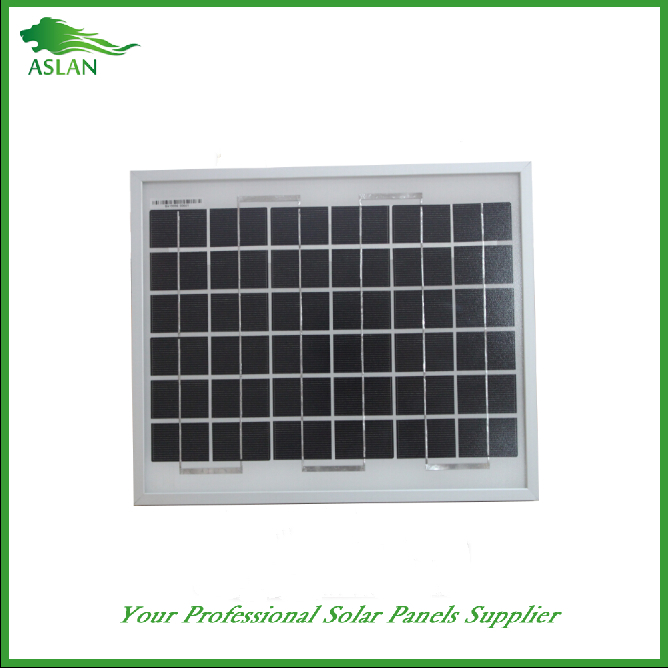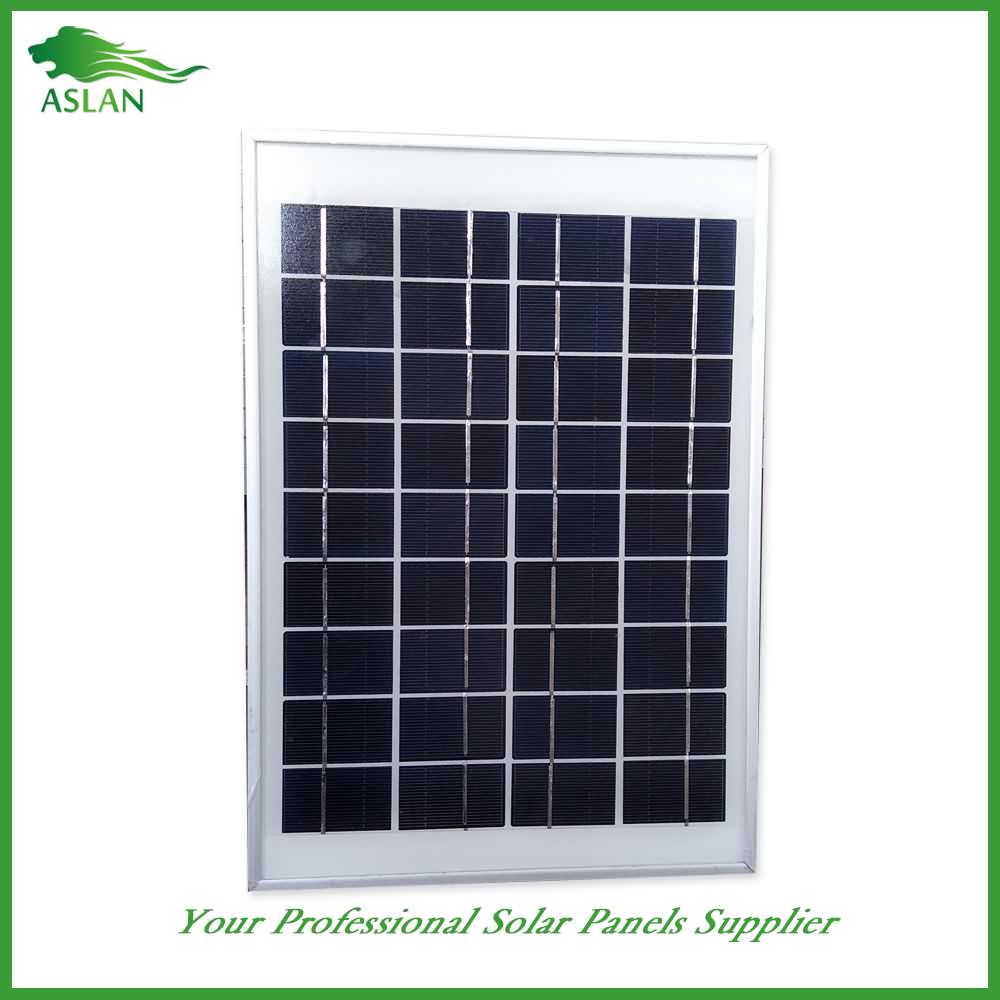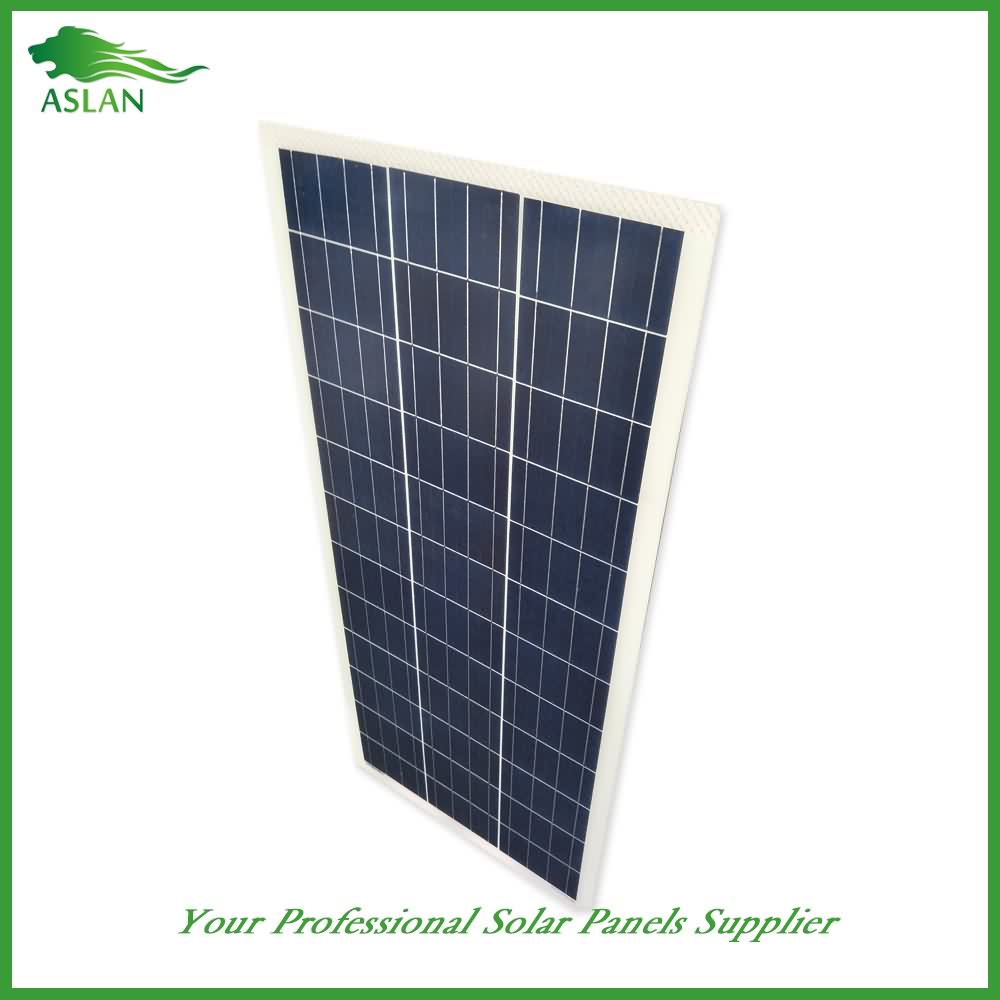Professional China Poly-crystalline Solar Panel 250W Factory from Hamburg
Short Description:
To constantly improve the management system by virtue of the rule of "sincerely, good faith and quality are the base of enterprise development", we widely absorb the essence of related products internationally, and constantly develop new products to meet the demands of customers for Professional China Poly-crystalline Solar Panel 250W Factory from Hamburg, We always welcome new and old customers presents us with valuable advice and proposals for cooperation, let us grow and develop together, and to contribute to our community and staff!
Poly-crystalline Solar Panel 250W
Technical parameter
Maximum Power(W) 250W
Optimum Power Voltage(Vmp) 30.25V
Optimum Operating Current(Imp) 8.26A
Open Circuit Voltage(Voc) 36.61V
Short Circuit Current(Isc) 8.89A
Mechanical Characteristics
Cell Type Polycrystalline 156x156mm (6 inch)
No of Cell 60 (6x10pcs)
Dimensions 1640x990x40mm
Weight 18.5KGS
Front Glass 3.2mm,High Transmission, Low Iron,Tempered Glass
Junction box IP65 Rated
Output Cable TUV 1×4.0mm2/UL12AWG,Length:900mm
Temperature and Coefficients
Operating Temperature(°C): -40°C ~ + 85°C
Maximum System Voltage: 600V(UL)/1000V(IEC) DC
Maximum Rated Current Series: 15A
Temperature Coefficients of Pmax: -0.47%
Temperature Coefficients of Voc: -0.389%
Temperature Coefficients of Isc: 0.057%
Nominal Operationg Cell Temperature (NOCT): 47+/-2°C
Materials of solar panel
1).Solar Cell——Polycrystalline solar cell 156*156mm
2).Front Glass——-3.2mm, high transmission, low iron, tempered glass
3).EVA——-excellent anti-aging EVA
4).TPT——-TPT hot seal made of flame resistance
5).Frame——anodized aluminum profile
6).Junction Box——-IP65 rated, high quality, with diode protection
Superiority: high quality anodized aluminum frame, high efficiency long life, easy installation, strong wind resistance, strong hail resistance.
Features
1. High cell efficiency with quality silicon materials for long term output stability
2. Strictly quality control ensure the stability and reliability, totally 23 QC procedures
3. High transmittance low iron tempered glass with enhanced stiffness and impact resistance
4. Both Poly-crystalline and Mono-crystalline
5. Excellent performance in harsh weather
6. Outstanding electrical performance under high temperature and low irradiance
Quality assurance testing
Thermal cycling test
Thermal shock test
Thermal/Freezing and high humidity cycling test
Electrical isolation test
Hail impact test
Mechanical, wind and twist loading test
Salt mist test
Light and water-exposure test
Moist carbon dioxide/sulphur dioxide
The Universe is all of time and space and its contents. It includes planets, moons, minor planets, stars, galaxies, the contents of intergalactic space, and all matter and energy. The observable universe is about 27 billion parsecs (93 billion light-years) in diameter. The size of the entire Universe is unknown, but there are many hypotheses about the composition and evolution of the Universe.
The earliest scientific models of the Universe were developed by ancient Greek and Indian philosophers and were geocentric, placing the Earth at the center of the Universe.[14][15] Over the centuries, more precise astronomical observations led Nicolaus Copernicus (1473–1543) to develop the heliocentric model with the Sun at the center of the Solar System. In developing the law of universal gravitation, Sir Isaac Newton (NS: 1643–1727) built upon Copernicus’s work as well as observations by Tycho Brahe (1546–1601) and Johannes Kepler’s (1571–1630) laws of planetary motion. Further observational improvements led to the realization that our Solar System is located in the Milky Way galaxy and is one of many solar systems and galaxies. It is assumed that galaxies are distributed uniformly and the same in all directions, meaning that the Universe has neither an edge nor a center. Discoveries in the early 20th century have suggested that the Universe had a beginning and that it is expanding at an increasing rate. The majority of mass in the Universe appears to exist in an unknown form called dark matter.
The Big Bang theory, the prevailing cosmological model describing the development of the Universe, states that space and time were created in the Big Bang and were given a fixed amount of energy and matter that becomes less dense as space expands. After the initial expansion, the Universe cooled, allowing the first subatomic particles to form and then simple atoms. Giant clouds later merged through gravity to form stars. Assuming that the standard model of the Big Bang theory is correct, the age of the Universe is measured to be 13.799±0.021 billion years.
There are many competing hypotheses about the ultimate fate of the Universe and about what, if anything, preceded the Big Bang, while other physicists and philosophers refuse to speculate, doubting that information about prior states will ever be accessible. Some physicists have suggested various multiverse hypotheses, in which the Universe might be one among many universes that likewise exist.[
Off grid solar power – Dual battery banks.
More progress on my solar power system, I’ve now made it a lot easier to switch between the 375ah and 630ah battery banks.
